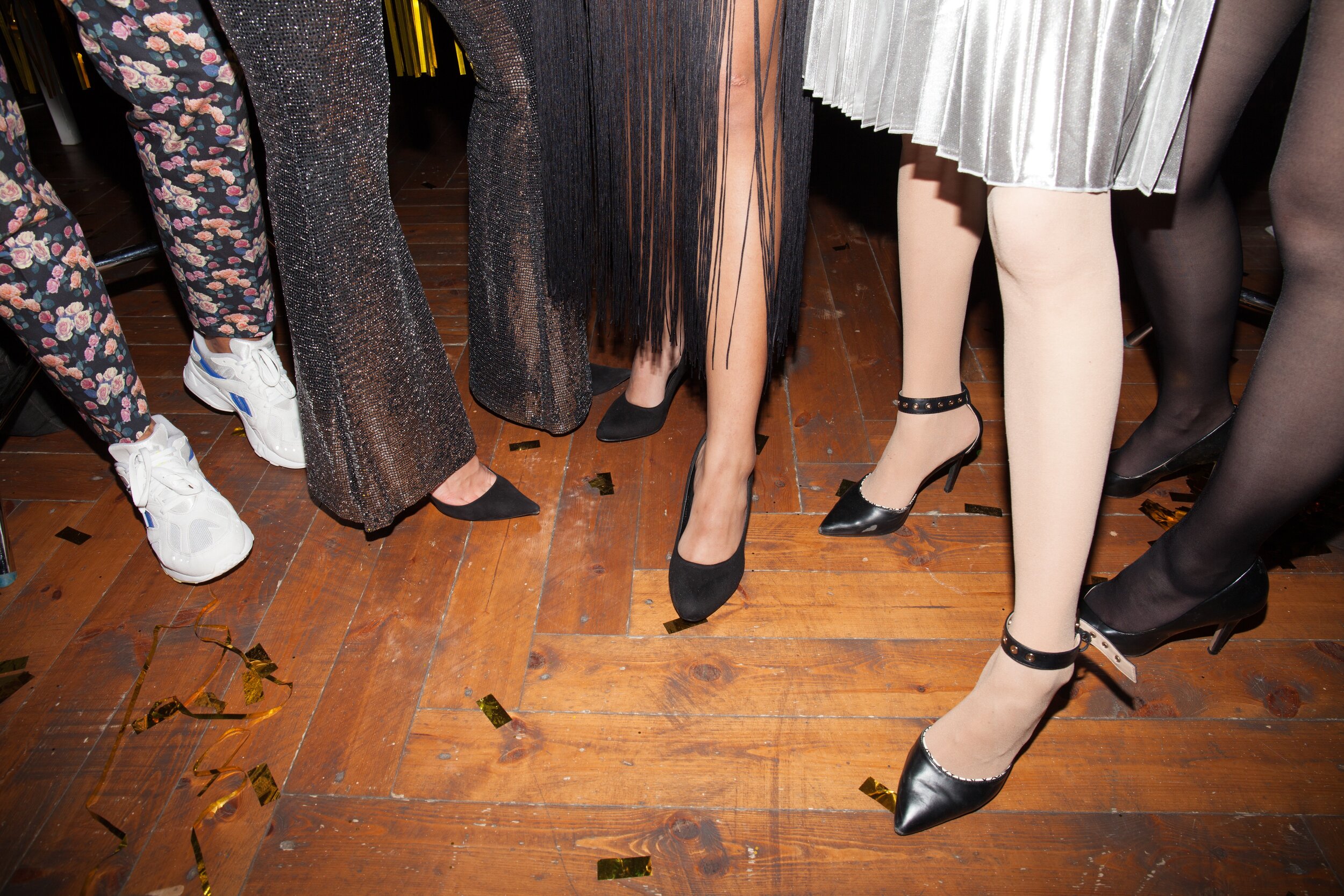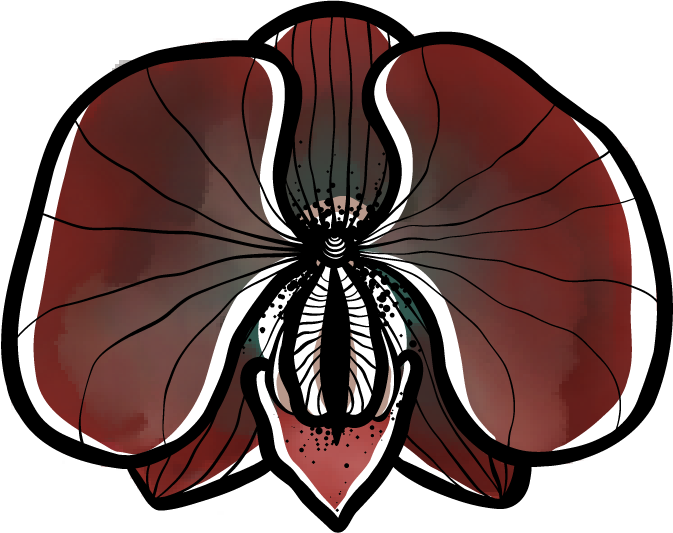Here is a new column series I’ll be sharing, called Dear Men. But I warn you that this essay will be the last of this series published on my public journal. If you want more, sign up for my newsletter to access Tier 1 of my secret journal when it goes live.
Dear Men,
My daughter has been listening to kids’ audio stories of late, which means I am listening to them as well. Some are Disney movies adapted to spoken word. Some are nursery rhymes. And some are fairy tales.
One in particular I am always happy to play. My daughter kept asking for it, though I had no idea what she meant. The girls with the shoes, she called it.
The Twelve Dancing Princesses is a story that, like most fairy tales, is vaguely familiar even if we have never heard it before. Twelve young princesses, whose mother (the queen) has died, share one big room. Every night, they go to bed with new shoes laid out at the foot of their bed, but in the morning, the king notices that the soles of their shoes are completely worn down. They refuse to explain why, so he does what men do — attempt to know the answer. (Men, to be clear: I am not getting down on you for this tendency, so don’t get down on me for being perfectly okay going through a deep and thorough processing of events that may not ever result in a single “why.”)

He sends out a call to all the princes in the land. If one can find the reason for the shoes being worn down, he can choose whichever princess he’d like to marry (though the king never does say the princess must consent…). However clever the princes who answer this call may be, the eldest princess is wise. She allows each prince to fall in love with her charm and beauty, then she kindly offers him a cup of tea, one she secretly made of a special berry that makes a person completely fall asleep. Snoozing away in their royal guest room, none of the princes is able to figure out the real reason for the shoes. Until a young soldier arrives in the town.
The soldier has been injured. His leg is limp and he has none of the pomp or fortune of the previous princes. Perhaps his step away from idealized manhood is why a wise old woman approaches him in town. He confides to her that he would like to solve the mystery of the shoes. She smiles and tells him not to drink the tea he will be offered, then hands him a cloak that will make him invisible. He doesn’t believe her, because women say all sorts of crazy things, until he puts the cloak on for warmth and finds it is indeed magical. At the castle that night, guided by the old woman’s words, he tosses the tea into a nearby plant and dons his cloak when the princesses bid goodnight.
He sneaks into the princesses’ chambers and sees that they have slipped into ball gowns and painted their lips crimson (the story is mute on whether or not he watched them dress). He follows the sisters through a secret passageway, into a silver forest, then a golden forest, then a diamond forest. He quietly steps onto the boat the sisters board and sails with them to a castle where they dance all night until the soles of their shoes have worn thin.
The next day the soldier presents branches of the gold, silver, and diamond trees to the king and the princesses. The princesses admit that they have done this, but offer no remorse nor promise to not return that very night. Having solved the mystery, the soldier chooses the eldest daughter to marry, because she is the wisest of all the sisters. The story ends before we find out if she chooses him back.

I share this fairy tale, men, in order to share the understanding that I have come to around fairy tales, myths, and creation stories: within them is a secret code. In some stories, the code has been too broken by history to get anything worthwhile from them. But in others, like the Twelve Dancing Princesses, the code is strong. Immediately we can see why my little girl is drawn to this tale above the others. The secret that is woven into those words is this: It will never be possible for a man to fully understand the worlds in which women operate when we come together because even women ourselves cannot explain the mystery.
I have been in rooms of 900 women, all ages, all body types, dancing like we were the nastiest goddess-whores that we knew ourselves to be. Did you know that we dance like that when you’re not around? It’s not to say that we don’t like dancing with you. Your strength and stability draws us into a seductive tango. Your direction and clarity gives us a place to drape our arm in a coy waltz. It’s just that when we are together, alone, women are different and that’s all I’m allowed to say about it. I think you know that already. I think that is why you, and all the kings, will go to such great lengths to understand something that cannot be understood, but should be honored and left alone.
We women are freer in our own company because there we are understood implicitly without having to say a word. And before you point out the multitude of times when women tear each other down in cattiness, jealousy, or fear, let me say that I have seen that when a woman is held safely in the arms of her sisters, she can willingly rip herself open to reveal her core wounds and toss her raging bitch onto the rocks. The infighting is learned, not our nature.

It’s not a competition, this company of men and women. But it is a plea. To you men to help us carve out space for that secret time for women to conjure, knowing that many of us have been warped into thinking that we cannot leave our children’s sides — no matter their ages — and we cannot leave the dishes in the sink without carrying around the weight of Atlas. You may never understand why that is how we are wired, but I guarantee you that every woman reading this is nodding along to that sentence.
This plea is also to women. We have allowed ourselves to believe that we will be completed by our male counterparts. That is the way the broken fairy tales have warped our heads, but there is a cure. If you have known once what it feels like to laugh with your sisters, to dance with them, to cry with them, to cackle so loud that you scare the men away, you know that female friendships are not a must-do, but a can’t-live-without.
The scattered way in which most women have female friendships is reflected in our gender’s collective mental unrest. It is reflected in the way we silently wilt into our shadows when you don’t want to hear the grainy details of our personal affairs. It is reflected in our loneliness, in our dislike for our thighs, in the way we put everything within us into our children in the hopes that they will escape this confusion that has trapped us for centuries. The quality of female friends in a woman’s life has a direct correlation to her ability to accept herself fully.
I’ll leave you with this to ponder: How did the princesses know the forests of silver, gold, and diamond were there? How did they find the secret passageway in their room? How did they know which berry on which tree would put their would-be prince detectives out? Likely, another woman told them. In time memorial, in stories and in real life, that is the only way a woman’s wisdom has ever come to her.




